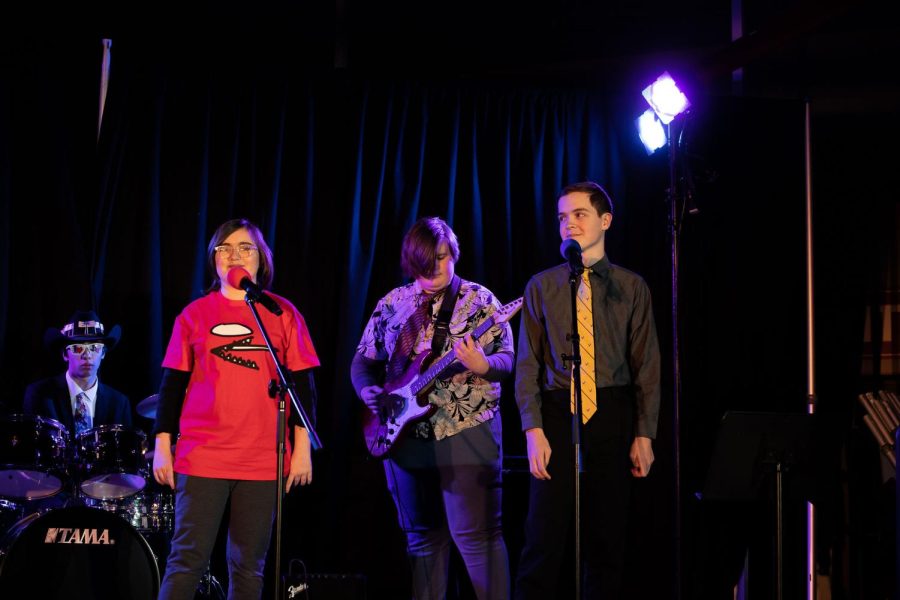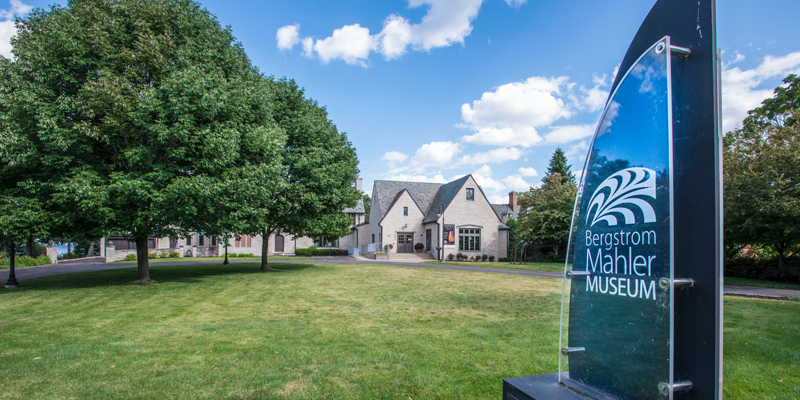By: Staff Editorial
The 2015 NHS prom, with theme “Arabian Nights,” scheduled to occur this Saturday at the Riverwalk Hotel in downtown Neenah has left students buzzing around school with excitement.
Some groaning is the result of the venue change from the cafeteria to the hotel, which resulted in an increased ticket price. The pricey night, however, is not the biggest concern for some students; rather, they worry about the “Arabian Nights” theme. The prom committee has put together what promises to be an enjoyable evening, and most students have been too worried about dates, dresses and dances to truly stop to think about this year’s prom. Have students been overlooking major flaws in the theme?
People may be familiar with “Arabian Nights” from the centuries old tales or the 2000 TV movie. According to a summarized version by Michael McGoodwin, after a king discovers his first wife has been unfaithful, he kills her and then begins to marry new wives every night only to kill them in the morning. One wife decides to put an end to this and tricks the king into keeping her alive for 1,001 nights by telling him a story. She ends each story with a cliffhanger so the king is motivated to keep her alive to allow her to finish telling the story. The stories the wife tells include the well-known tales of “Aladdin’s Lamp” and “Ali Baba and the Forty Thieves.”
An informative article by Leila Abdul Razzaq, “An Actual Arab on Arabian Nights,” tells how the Western version of “Arabian Nights” has created a generalization of Middle Eastern and Southeast Asian cultures. The original story is not just limited to Saudi Arabia, but also to India, Persia and South Asia. Orientalism, a term coined by Edward Said, “Is a way of seeing that imagines, emphasizes, exaggerates and distorts differences of Arab peoples and cultures as compared to that of Europe and the U.S.” The Western version of the tale has changed the ancient story and in turn erased hundreds, even thousands, of years of history and culture. The “Americanized” version of Arabian Nights is predominantly based on stereotypes and generalizations.
Common misconceptions and generalizations include that veiled women are oppressed, belly dancers represent sexual promiscuity and those of Arab descent are inherently terrorists. The Arab American National Museum explains that most veiled women are not forced to wear a veil, but instead choose to do so voluntarily and for religious reasons. Belly dancing originated from ancient fertility rites. Believing that all Arabs and Muslims are terrorists is a racism and destructive mindset.
Unfortunately, Americans are often ignorant of Middle Eastern and Southeast Asian cultures, which furthers the belief that the Eastern World is one large culture, when in actuality, hundreds of diverse and unique cultures exist. Generalizing the Arabian culture into one all-encompassing theme is disrespectful.
Those outside the Prom committee will have to wait until Saturday to see what the theme and decorations entail. While it is unpredictable what will occur at prom, it is pertinent for students to de-generalize and unstereotype the Arab, Middle Eastern and Southeast Asian cultures and the subcultures within them. Coming to prom in culturally appropriative clothing, headdresses or other accessories would be inappropriate and indecent. Consider this: Is it right for Americans to weave other people’s cultures into a prom theme?
For more information on this subject, refer to “An Actual Arab on Arabian Nights” by Leila Abdul Razzaq.
https://ttsdramaturgyblog.wordpress.com/2013/11/11/an-actual-arab-on-arabian-nights/












Nick M • Mar 7, 2017 at 10:27 AM
Very interesting topic and decently well executed in concept. A perspective upon the design and relevancy of the theme would’ve added considerably, however. Very good inclusion of expert opinions. The term and explanation of the term “Orientalism” was thought provoking.